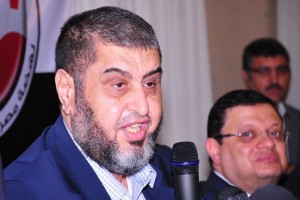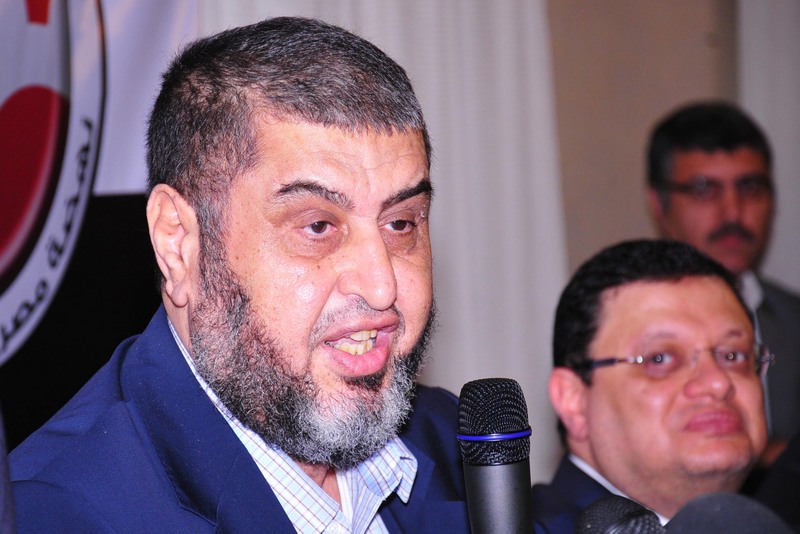
(DNE Photo)
Wikileaks published Friday 61,205 official documents by the Saudi Foreign Ministry, some of them classified as top secret. The documents revealed texts, emails, signed and stamped documents between the ministry and its embassy in Cairo.
A press release by Wikileaks announced this was the first batch of the leaks and there will be more leaks coming up. It added over half a million documents in batches will be released over the upcoming weeks.
The documents revealed secretes between the Saudi Arabian and the Egyptian regime that went back to the 2011 uprisings.
In response, the Saudi Arabian Foreign Ministry warned its citizens on Saturday from checking those documents and said they might not be true and will harm the nation’s interests.
The documents revealed the Saudi regime interfered in the Muslim Brotherhood regime during its reign to release Mubarak’s sons in return for bringing their smuggled money abroad, according to an anonymous official request.
The official requested Saudi Arabia discuss with the US the dropping of all debts Egypt which piled up to reach $3bn. He also requested the US ambassador release Amr Abdel-Rahman, a former Muslim Brotherhood member arrested in the US and sentenced to life imprisonment for alleged involvement in the 1993 New York bombings, but she told him that would be impossible.
After his release in 2011, former Muslim Brotherhood leader and businessman Khairat Al-Shater sent suggestions to the Saudi Arabian Foreign Ministry, on ways to support the Muslim Brotherhood. The key point mentioned was an agreement made with the Supreme Council of Armed Forces to hand over the power to them after the scheduled transitional period ends in return for not trying them for any previous crimes. They also prepared to control public service ministries, slum areas and elite areas to spread their ideologies.
“Khairat Al-Shater is one of the key players on the Egyptian scene for the upcoming period, as he is the actual leader of the Muslim Brotherhood,” the Saudi ambassador said in one of the documents. He requested the kingdom open a communications channel with Al-Shater after their approval.
They also thoroughly tracked the media and newspaper coverage in Egypt of Saudi affairs, categorising them into neutral, positive and negative. They also mentioned specific writers who hold negative stances in their writings against Saudi Arabia such as the Egyptian researcher and author Refa’at Sayed Ahmed, Mohamed Al-Hawary of Akhabr Al-Youm and Hamad Taha.
“There are several efforts done by the Saudi Arabian entities to counter the negative image presented by the Egyptian media on our kingdom to remove those bad impressions,” one of the documents read. The efforts mentioned included, “the ambassador meetings with many media outlets, signing a contract with a specialised media company of a big influence to counter this negative image, under the supervision of the embassy, in addition inviting several media personnel, intellectuals and leaders to attend cultural events in Saudi Arabia and show them the real perception of the kingdom towards Egypt”.
In May 2012, a meeting was held between the Egyptian foreign minister and his Saudi Arabian counterpart, the leaks revealed a side of their discussions during the meeting where the Egyptian minister requested a release for the Egyptian detainees in Saudi Arabia in the state security department on alleged terrorism charges, to resume their detention period in Egypt instead. Among those detainees, is doctor who was sentenced to five years in prison and received a penalty of 1,000 lashes in addition to paying a 5,000 Saudi Riyal fine.


